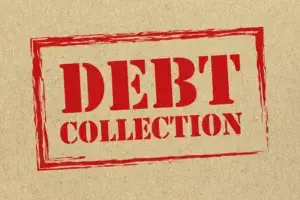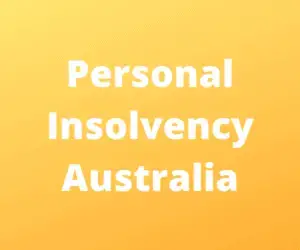The results are in on personal loan. And they’re staggering! Australians now owe approximately $50 BILLION in total credit card debt.
Most will never pay this off. This is a vicious cycle of debt.
For those that are struggling under the weight of debt, then we can help you. We’re advocates of Australians becoming debt free in this community.

Some people have asked if it’s better to take out a personal loan at a lower interest rate to wipe out a credit card debt faster. Good idea in some cases, but there are some things to consider before moving forward.
We understand the upside
Taking out a personal loan, which in this case is usually a debt consolidation loan, helps you to instantly reduce your monthly interest bill. Whilst we’re not going to advise going into more debt, they can work in some cases.
Also, many people can settle into a normal payment cycle to avoid fees and penalties. That is, as long as you maintain the monthly repayments
Personal loan considerations
We see some considerations worth mentioning:
- Interest rates. You need to check if you’re actually getting a better interest rate than what you’re currently paying.
- Potential to score an unsecured loan. Most of these debt consolidation loans are unsecured, thus meaning your personal property usually wouldn’t be at risk.
- Payment terms. Some of these loans are solid. That is – you can’t pay them back early (without more fees) and they’re unwilling to modify payment amounts if you need to reduce in the future.
All of these are based on individual circumstances. We can help assess whether you’d be the right fit, and you won’t have to pay us a single dollar. How cool is that?
Debt consolidation depends on you
If you’re considering a loan like this, also consider your financial goals and current position.
If you need more breathing space, then a long term personal loan with less interest could work. Look at a range of lenders in the market, and consider how flexible they are with applicants.
On the other hand, if you want to repay back as fast as possible and truly be debt free, then go for a shorter term loan. Provided, of course, that you can have the cash-flow to justify this.
Your credit history also is worth a check. Your score will determine straight up whether you’d stand a chance of obtaining finance for debt consolidation purposes.
Alternatives to a personal loan
There’s some great news! If you’re particularly in credit card debt, then there’s some banks that offer a zero interest balance transfer.
That said – there’s a catch. We mean, there’s always a catch isn’t there?
The rates may resort to higher than your previous credit card upon expiry of the offer. Some have set periods, and it’s generally 12 months.
As mentioned prior, you may not be able to do this if your credit history isn’t strong. So it’s wise to check that first.
The real solution
You need to address the root cause of your issues. Nothing is a quick fix. We’ve helped thousands of people through our great services, but it takes some time too.
If you’re being hassled by debt collectors, then we have the solution for you. We can talk to them so they stop calling you. We’ll make it right.
So get in touch, and let’s sort it out before it gets any worse!



